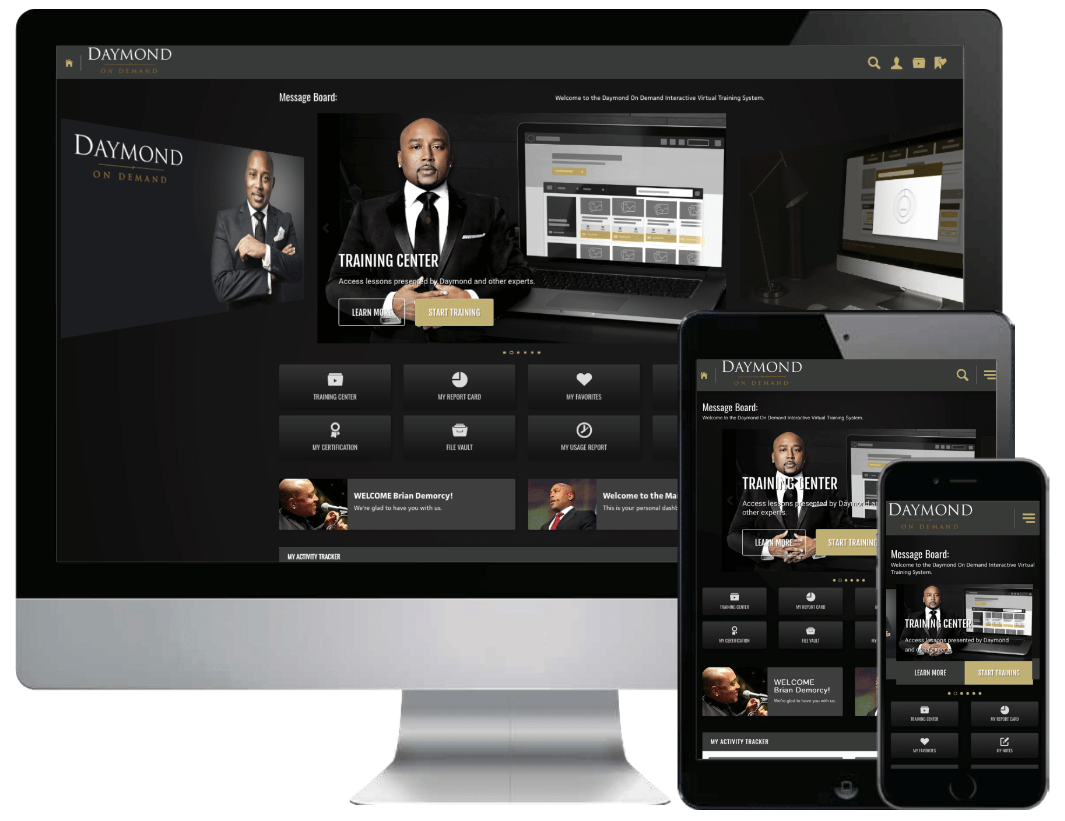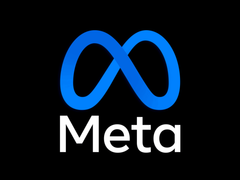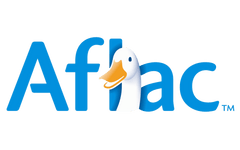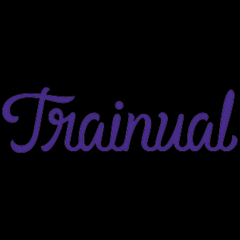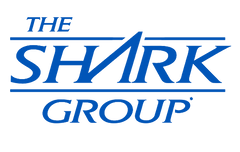Whenever the episode of Shark Tank in which I mention my dyslexia airs, I get many inquires from parents, and a lot of love from other dyslexics. Dyslexia is not a weakness; it’s simply a different way of learning. I am dyslexic and I am also a parent. Despite being dyslexic myself, it took me years to discover that one of my daughters is dyslexic as well. I wasn’t even the person who spotted it! Unlike ADD and many other learning disabilities, there are no pills that cure dyslexia. The only cure is more education. This is one of the main reasons why there isn’t a ton of awareness about dyslexia. There are no drugs to make money from, so there’s no need for pharmaceutical companies to fund ad campaigns that would educate people on the symptoms. In addition, there is no easy way out for parents. They can’t just give their kid a pill and fix the problem. Once a parent discovers that their child is dyslexic, they must educate themselves, and work to learn the process of how he or she takes in information. Me at the Yale Center for Dyslexia and Creativity
Me at the Yale Center for Dyslexia and Creativity
The problem with dyslexia is not that it’s some kind of disease (though this is a common misconception), but the way that it is misunderstood and misdiagnosed. This is especially damaging in the case of children, many of whom grow up believing that they are stupid. Affecting roughly 20% of all children, dyslexia is actually quite common, but those parents, educators and other kids who have little knowledge or understanding of the subject, are often unable to provide the support that these children need. It’s not that this information isn’t available, it’s that many of these key influencers don’t know how to obtain it. When teachers misinterpreted the symptoms, they may end up sending students down an educational path that will be counter-productive for them. Many dyslexic children are ridiculed by their classmates and develop low self-worth. When a child begins to believe that they are stupid and won’t amount to anything, it’s easier for them to wander off-track. Many of these kids avoid school because they are embarrassed (62% of non-readers drop out of high school). They become friends with other kids who avoid school for various reasons, and may begin to get themselves into trouble. That’s why it’s so important for kids in general, but specifically dyslexic kids to have a solid support system of family, friends and teachers with resources. With that group in place, a dyslexic child will soon discover that while they struggle in some areas, they excel more than their peers in others, typically math, art, and science. Once they discover their strengths and realize that they are unique, and not stupid they typically have no trouble socializing.
It is important to note that dyslexia knows no race or gender. Nearly the same percentages of boys and girls across ethnic and socioeconomic backgrounds have dyslexia. Despite these facts, socioeconomics plays a large role in the number of children who fail as a result of dyslexia. The rates of reading failures are much higher in high poverty populations, as they typically attend schools with subpar programs. For these children, educated parents are paramount. If your child’s school isn’t getting the job done, it’s up to you to get information on dyslexia, and there’s plenty of it out there.
There is a very informative HBO documentary on dyslexia. I have included the trailer for it at the bottom of the page. Hopefully you will have an opportunity to watch it. If you notice that some of the symptoms of the individuals profiled in the documentary are similar to traits that your child displays, I would highly recommend getting them tested.
I hope this helps anyone who reaches out for more information on dyslexia. I will be using this month to do my part in educating my fans about dyslexia by posting info, facts, and resources on my social media pages.
In addition to the trailer for the HBO documentary, I have included a link to a list of some of the many celebrities who are blessed with dyslexia, as well as some links to a few of my favorite dyslexia organizations. Some of the greatest minds in history, such as Albert Einstein, Thomas Edison, and Leonardo da Vinci, were dyslexic (not to mention four of the 6 Sharks!…actually 35% of ALL entrepreneurs show signs of dyslexia)
To my fellow proud dyslexics reading this, please leave comments and name-check any educators, organizations, websites, videos or any other resources that can help parents and children learn more about dyslexia.
Here is the trailer and link, have a safe weekend!
The Big Picture: Rethinking Dyslexia (Official Trailer)
